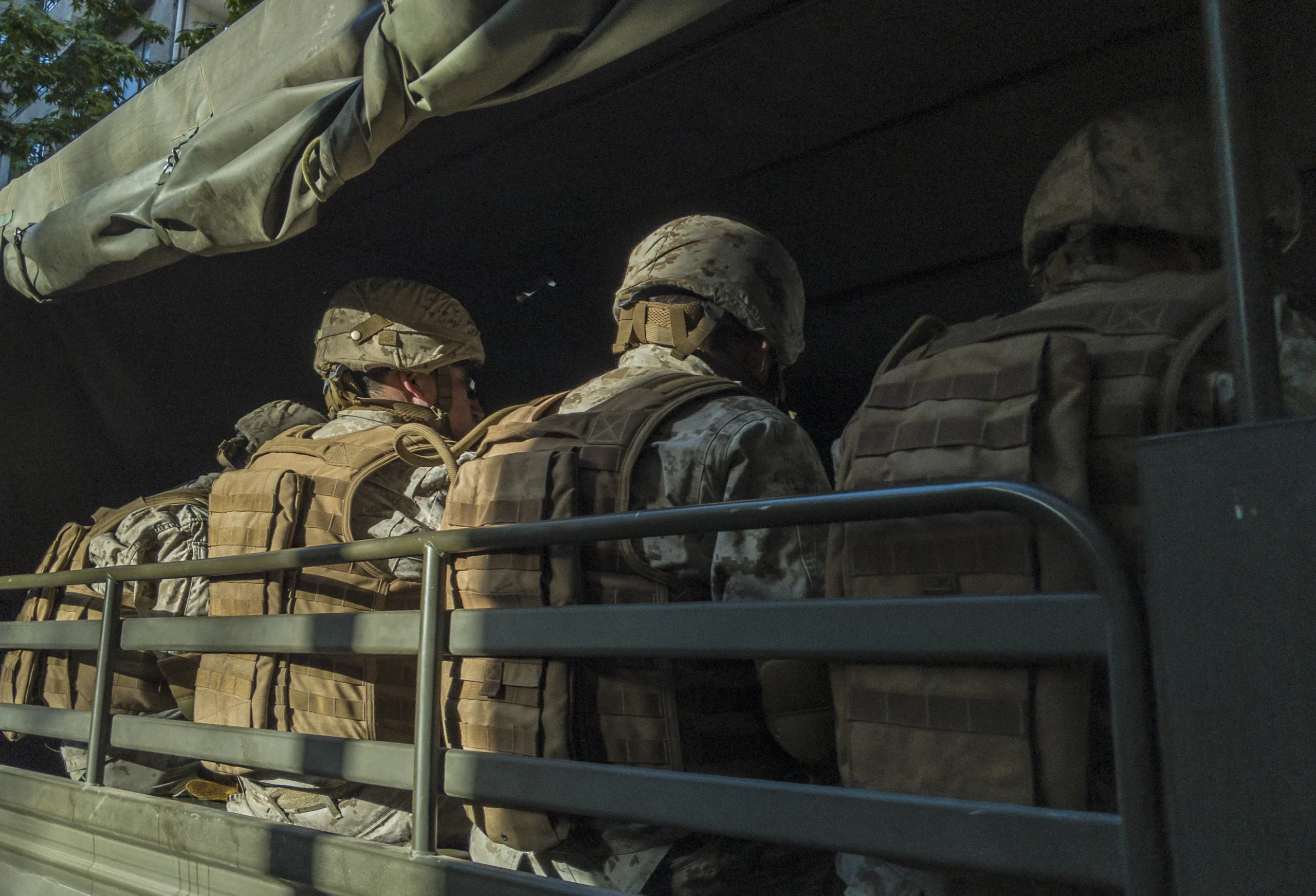
In a bombshell speech by General Sir Patrick Sanders this week, the decorated military chief
discussed the possibility of the UK needing a citizen army formed by conscription, especially in
the face of the growing threat of Russia.
The British Army is primarily formed of a professional military, with 70,000 fully trained
professional personnel and another 60,000 professional service members in the Royal Navy and Royal Air Force . The development of a professionalised voluntary army means that the concept of
conscription and a ‘citizen army’ has been a foreign concept to the UK since World War II
mobilisation efforts, a time when the world was in a state of conflict, interstate war, and
insecurity. From 1949, all men aged 17 to 21 were required to serve in one of the armed forces
for a minimum of 18 months, but this was discontinued in 1960 after the threat of another world
war seemingly dissolved.
However, General Sir Patrick Sanders’ speech and the discussions that followed speaks
volumes about the declining stability of global politics today, specifically in reference to the rising
threat of Russian expansion and the subsequent deterioration of peace. In his speech at a
military conference, Sanders emphasised that the British should be prepared to fight in a war
against a progressively expansionist and aggressive Russia, insinuating that a “citizen
army” of ordinary people in the UK would be the best way to prevent an active threat to
mainland Europe. He cited Sweden as a country taking these preparatory steps, as they have
recently reintroduced a form of compulsory national service in the face of its talks of ascension
to NATO, emphasising that this was done as Russia’s invasion of Ukraine has exhibited the
importance of the scale of citizen armies in being able to defend against a major power.
Germany’s Defence Minister, Boris Pistorius, recently mentioned that although an attack by
Russia on others is unlikely to be immediate, he emphasised that “we have to take into account
that Vladimir Putin might even attack a NATO country one day“, with experts predicting this
being possible in a period of five to eight years.
Although NATO is a seemingly fool-proof method of ensuring security against Russia for the UK,
the upcoming US presidential election calls into question the stability of NATO’s assets and
ability to ensure security. With Trump seeming to be a favourite to win the election, if his
statements concerning the U.S.’s withdrawal from NATO are carried out upon his ascension to
office, NATO’s military capabilities will be significantly depleted. As the UK heavily relies on
NATO for its military defence, this change in dynamic can be seen as a major reason as to why
the UK should turn inwards to expand and strengthen its military capabilities.
Overall, although there are no formal plans for reintroducing conscription to the UK, these
discussions by influential political and military figures emphasise the changes in dynamics in the
global political sphere. With aggressive expansionism by Russia that has disregarded
international conduct and law, along with isolationist rhetoric by the U.S. that rejects
collaboration and collective security, we can see historical echoes of a time when states fended
for themselves, and it is important to question whether this historical pattern is repeating to the
extent that the UK will have to take extreme measures that have only been seen since the peak
of World War II.
Image: ‘Soldiers in a truck’, Diego Gonzalez, 2019//Unsplash License



What an amazing analysis. Well written and well thought out